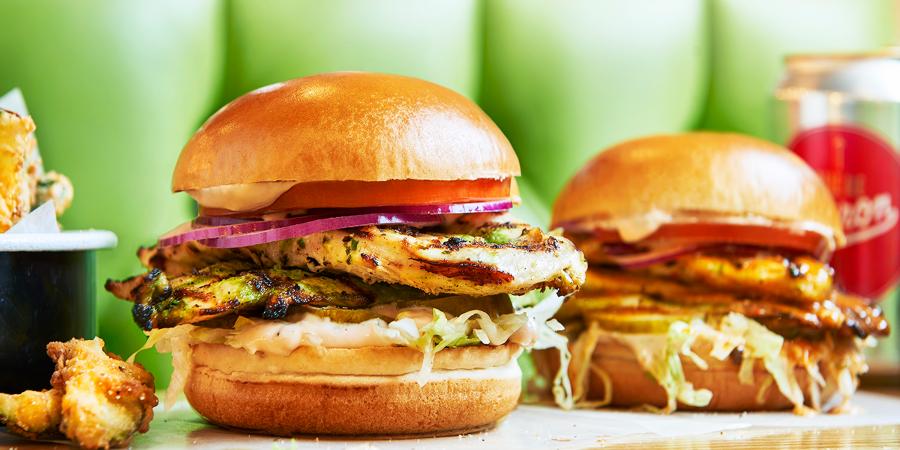From whisky exports to the growing worldwide appetite for UK chocolate, the food and drink industry is a major contributor to the UK economy. And with Brexit on the very near horizon, (or is it?) we can see more and more emphasis being put on this sector of the UK economy being an important driver for growth. Food and drink businesses have to work hard to compete. It isn’t just about making a great product, they have to work with many other factors to thrive, such as –
- Robust UK food and drink safety regulations
- Currency fluctuations
- Changing consumer demand
- Coming up with new flavours, varieties or other ideas
The fast-paced market demands something new on a regular basis. Whether it is a low sugar alternative or the move away from plastic packaging onto something more sustainable. Food and drink manufacturers are often beholden to supermarket demands as well as those from the wider community of people who consume their products.
And the market can be quite unforgiving if the manufacturer doesn’t move with the times. Food and drink businesses need to work hard to stay ahead of the game.

How to compete locally, nationally and globally
As we have already looked at, there are a number of ways in which the food and drink manufacturer can be challenged in their business. And we have also seen that there is a global market out there. Changing practices to meet the demands of wither of these challenges takes some time and effort. This time and effort is labelled by the industry and the government as research and development.
But, why does that matter?
Research and development is an overarching term that describes the work a business puts in to the changes necessary to become more competitive, more efficient and more effective. For a food and drink manufacture, this can be classed as –
- The research and customer testing that goes into making a new flavour or variety
- The implementation and accommodation that is associated with buying a new piece of equipment or machinery
- The investigation and exploration that might go into using a new form of packaging
- The comprehension and examination that goes with making changes to meet government legislation
All of this takes time, money and effort. All of these can be a major cost to a business of any size.
So, how can a food and drink business raise the money for this cost?
 There are many forms of funding out there from the traditional to the more obscure and each has its place depending on the business. Traditional forms of finance such as a loan from the bank has its place but there is a smaller appetite for lending from the banks than there has been in the past. Crowdfunding is another example of a way ton raise cash but can come with risks such as not gaining all the money needed. For every success story associated with crowdfunding there are many stories of those who didn’t get what they wanted.
There are many forms of funding out there from the traditional to the more obscure and each has its place depending on the business. Traditional forms of finance such as a loan from the bank has its place but there is a smaller appetite for lending from the banks than there has been in the past. Crowdfunding is another example of a way ton raise cash but can come with risks such as not gaining all the money needed. For every success story associated with crowdfunding there are many stories of those who didn’t get what they wanted.
One way of raising money that is becoming more popular in the food and drink industry is R&D tax credits. This is a government scheme where you can claim back a significant proportion of the costs associated with a research and development project. And as claims can be backdated for the last 2 tax years in addition to the current tone, this can be a sizeable chunk of money coming back into any food and drink business.
Using a tax expert for your claim
 Lumo are experts in dealing with R&D tax credit claims for food and drink companies. Although you can make a claim on your own behalf, this can be time consuming and you may not have the expertise to complete all the forms and maximise a claim. Think about how you use an accountant to help you submit your accounts to the HMRC. Well, Lumo help you get your claim to the tax man and even deal with any enquiries on your behalf. All of this is done on a no win, no fee basis so you can sleep easy at night knowing that someone has your back.
Lumo are experts in dealing with R&D tax credit claims for food and drink companies. Although you can make a claim on your own behalf, this can be time consuming and you may not have the expertise to complete all the forms and maximise a claim. Think about how you use an accountant to help you submit your accounts to the HMRC. Well, Lumo help you get your claim to the tax man and even deal with any enquiries on your behalf. All of this is done on a no win, no fee basis so you can sleep easy at night knowing that someone has your back.
Speak to us today to find out what they can do for your food and drink business.
